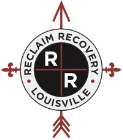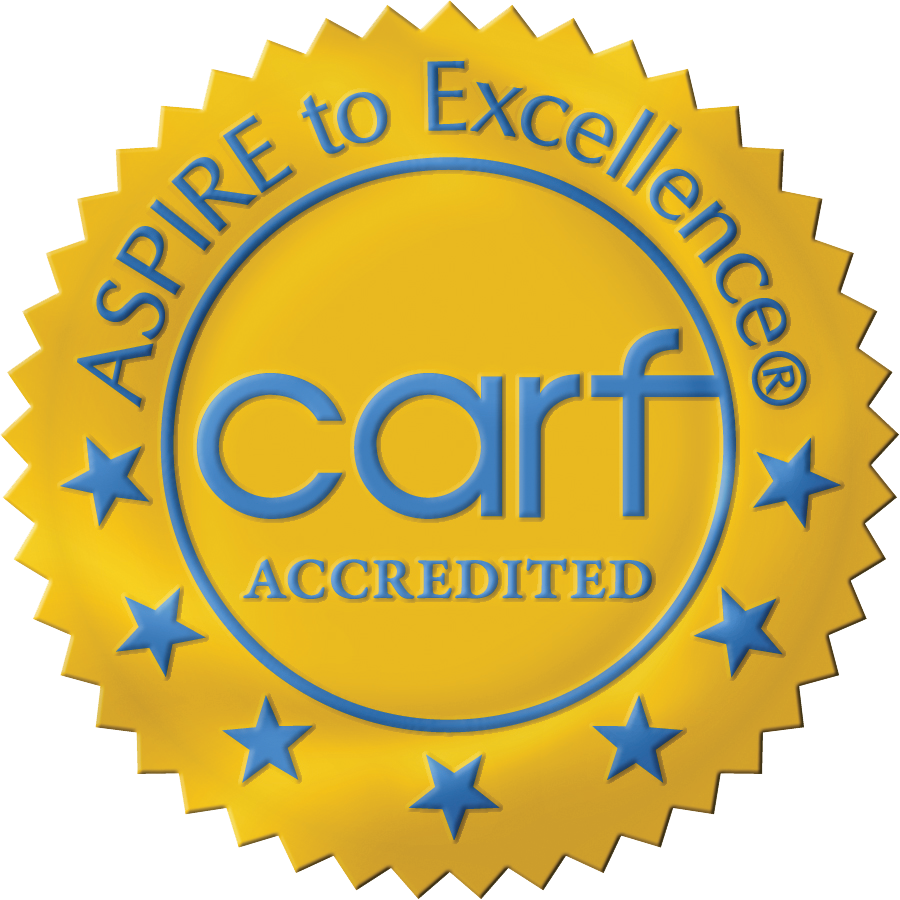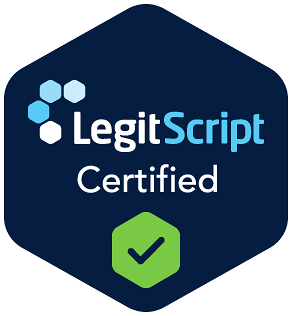Our Blogs

What’s the Difference Between a Sober Living Home and Rehab?
Many people beginning their recovery journey often hear terms like "rehab" and "sober living" used interchangeably. But while both are essential components of the recovery process, they serve very different purposes. At Reclaim Recovery Louisville, we often help individuals and families navigate this confusion by clearly outlining the differences and recommending the best fit based on where someone is in their recovery journey.
Rehab: Structured Treatment for Early Recovery
Rehabilitation programs (commonly known as "rehab") are formal treatment settings that provide structured clinical support to help people stop using substances and begin the process of healing. At Reclaim, our rehab services include both residential and outpatient options, depending on a client’s needs.
Rehab typically includes:
Medical and psychological assessments
Individual and group therapy
Trauma-informed care
Medication-assisted treatment (MAT), if appropriate
Relapse prevention planning
Co-occurring mental health support
Rehab is ideal for individuals who are in the early stages of recovery, particularly those who require intensive support, are detoxing (elsewhere), or have experienced multiple relapses.
Sober Living: Safe Housing for Transition
A sober living home is not a treatment program—it's a drug- and alcohol-free residence designed to help individuals transition back to daily life after treatment. These homes often come with rules, peer accountability, and some structure, but they do not provide clinical services onsite.
Sober living may include:
Regular drug testing
House meetings and chores
Mandatory sobriety and behavioral guidelines
Peer-based support
Encouragement to attend outpatient therapy or 12-step meetings
This setting is ideal for those who have completed rehab or are currently enrolled in Intensive Outpatient Programs (IOP) and want a safe, recovery-focused environment.
Key Differences Between Rehab and Sober Living

How Reclaim Recovery Works with Sober Living Homes in Louisville
At Reclaim Recovery Louisville, we understand that recovery doesn’t end when rehab ends. That’s why we collaborate with trusted sober living providers in the Louisville area. If a client is graduating from our residential or IOP services and needs continued support, we help them:
Find safe, accredited sober living environments
Coordinate outpatient services while living in the home
Maintain continuity of care between therapists and housing staff
We believe long-term recovery is built on consistency, community, and compassion. By ensuring our clients have a safe place to land after rehab, we dramatically reduce their risk of relapse and support their independence.
Which Option Is Right for You?
Choosing between rehab and sober living depends on your current situation. Here’s a simple guide:
Choose Rehab if:
You're actively using substances
You need therapy or mental health treatment
You need help creating a recovery foundation
Choose Sober Living if:
You’ve recently completed a treatment program
You're stable in your recovery but need accountability
You want to continue outpatient care in a structured environment
If you’re unsure, Reclaim can assess your needs and help you make the right decision.
FAQs About Rehab and Sober Living
1. Can I go to a sober living home without going to rehab first?
Sometimes, but it’s typically recommended to have some clinical treatment first. Many homes require proof of sobriety and treatment participation.
2. Does Medicaid cover sober living in Kentucky?
No, Medicaid usually doesn’t cover the cost of sober living, but it does cover outpatient treatment that can be paired with sober living.
3. Can I work or go to school while in sober living?
Yes. Most sober living homes encourage residents to work, attend school, or volunteer during the day.
4. How long should I stay in sober living?
There is no set timeframe, but many individuals stay between 3 to 6 months, or longer if needed.
5. Does Reclaim provide sober living?
No, but we partner with local, trusted sober living homes and help coordinate care so you stay supported.
📞 Need help deciding between rehab and sober living?
Call Reclaim Recovery Louisville today. We’re here to guide you toward the next right step—wherever you are in your recovery journey.


